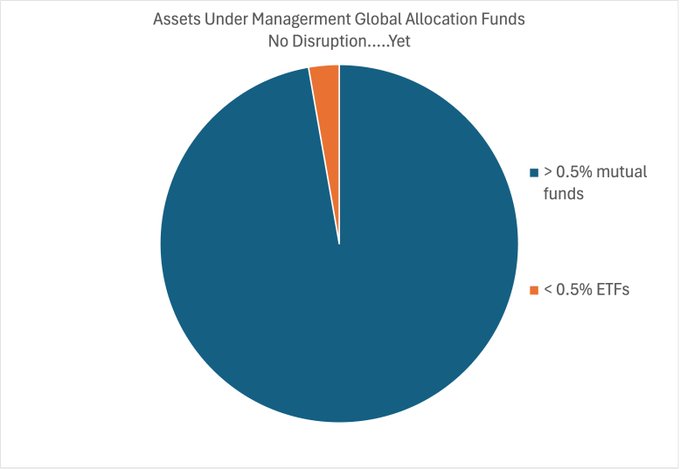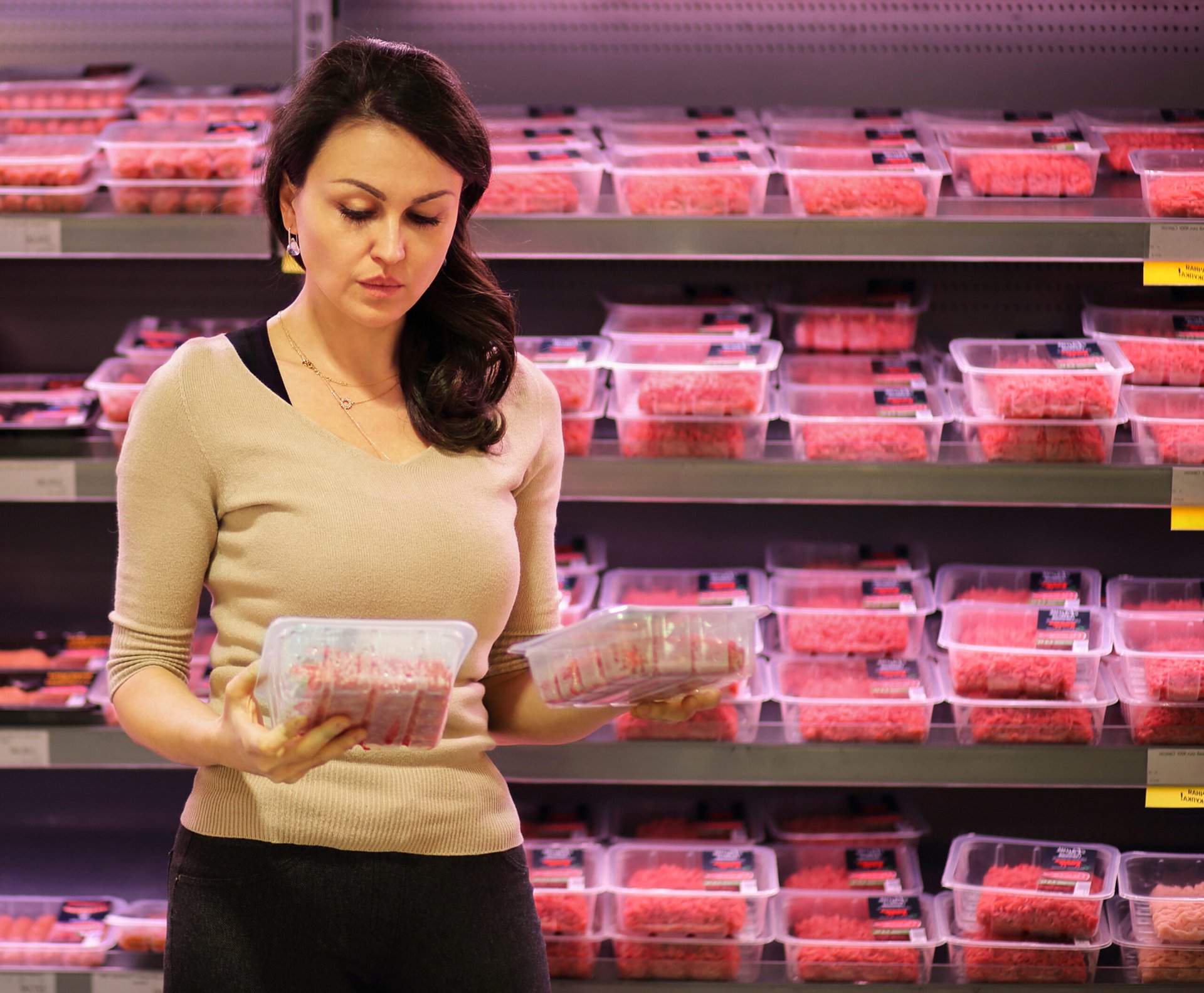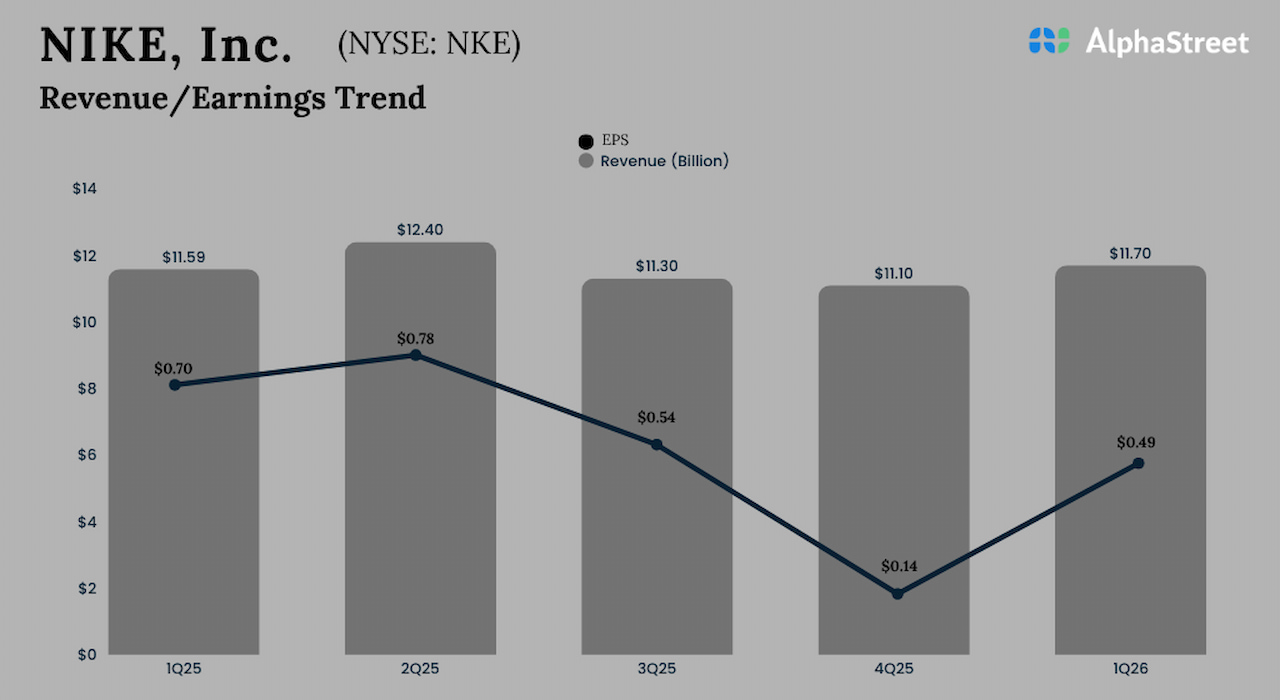(Bloomberg) — Tyson Foods Inc. is seeing profits suffer from a sudden spike in meat supplies with inflation-hit consumers buying less chicken, beef and pork at the grocery store.
Most Read from Bloomberg
The biggest US meat company said Monday that fiscal first-quarter earnings plunged 70% from a year ago and missed expectations. Shares fell 5.7% at 10:22 a.m. in New York trading, the biggest decline since November.
The earnings miss comes as prices for some meats have been tumbling from record levels and stockpiles swelled more than anticipated.
“We got hit in the mouth in Q1 because of all the protein on the market,”Tyson Chief Executive Officer Donnie King said in a Monday call with investors.
From November to now, “the demand didn’t show up in fresh chicken,” King said, adding that its second quarter will be softer than the first.
Chicken production has been rebounding, resulting in more supplies but smaller profit margins for vertically integrated companies such as Tyson, the top US producer. Meanwhile, tighter supplies of cattle and hogs were forcing meat companies to pay more for livestock. Operating margin in pork fell to a negative 1.4% for the first quarter, down from 10% in the first quarter of 2022.
In beef, profit margins fell to 3.5% for the quarter, from over 19% a year ago, hurt by “softer domestic demand and higher live cattle costs,” according to a slide presentation.
Chicken profits were 1.6% in the period, down from 3.6% in the same quarter of 2022. Tyson said US chicken-production should increase 3% this year. That could pressure prices, with boneless chicken breasts falling sharply since hitting a record in September.
Going forward, beef margins are expected to “decrease from historically high levels,” the company said in a statement.
Tyson recently named several new executives to help it navigate through the inflationary environment while John R. Tyson, great-grandson of the company’s founder and the chief financial officer, last month pleaded guilty to charges of trespassing and public intoxication following an incident where he was found asleep in a home that wasn’t his own.
On an adjusted basis, earnings were 85 cents a share in the quarter, while on a GAAP basis they were 88 cents a share, both falling below the average analyst estimate of $1.33 a share compiled by Bloomberg.
Quarterly sales of $13.26 billion came in below pre-earnings estimates for $13.52 billion in a Bloomberg survey. Still, Tyson maintained its annual-sales outlook for record sales between $55 billion and $57 billion, with King saying the company expects to “improve our performance through the back half of fiscal 2023.”
The results were “weaker even than what we were braced for with our lowered numbers, and management lowered guidance considerably for the year,” said Ben Bienvenu, an analyst at Stephens Inc., in an emailed note. “The implied earnings power is quite a bit lower than we expected.”
(Updates shares and provides further margin details and new CEO quote.)
Most Read from Bloomberg Businessweek
©2023 Bloomberg L.P.





































